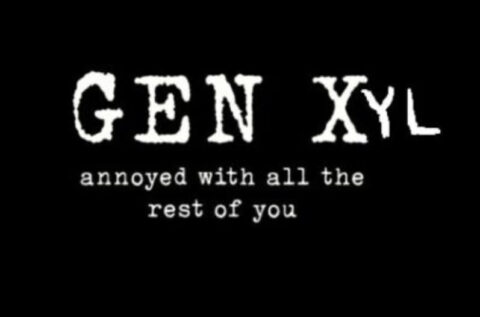We are at the point in our series where we are considering the “death of God,” and I would be remiss if we didn’t pause and reflect upon Dietrich Bonhoeffer’s remarks on what he called “Christianity come of age.” In a letter to his friend Eberhard Bethge written from prison on April 30, 1944, Bonhoeffer […]
Tag: Exile
A Theopoetics of Exile: The Gospel According to Satan
In our last article we considered the fact that we as humans feel within ourselves a lack or a void that we want to overcome. We often look to some “sacred object” that, if attained, will give us the sense of fulfillment we crave. We desperately want to avoid the void. Consider the words of […]
Gen-XYL: The Lexicons of Exile & Empire
I concluded my last post by asking some questions that I’d like to unpack here: So given this overarching rubric of Exile and Empire, what familiar terms belong where? Where does church belong? What about kingdom? Into which category should we place ideas like dogma, heresy, canon, and essentials/non-essentials? And what about grace, weakness, and the folly of the cross? Where do they fit? And […]
Gen-XYL: Exile vs. Empire
Now that I have whetted your appetite by hinting at various applications of the theme of exile, I’d like to take a step back and consider the idea more broadly. What do I mean by exile? As I pointed out in my first post in this series, “exile” is used in the Hebrew scriptures literally […]
Gen-XYL: The Rending of the Veil
I’d be willing to wager that most Millennials and Gen-Xers have seen the film Raiders of the Lost Ark (well the guys anyway). Perhaps the most memorable scene in the movie is when the Nazis, who had discovered and taken possession of the Ark of the Covenant, decided to open it. But first, some background…. […]
Gen-XYL: Navigating the Tension
In western culture we have not only grown accustomed to dualisms of various kinds, but we seem to assume they are unavoidable. Whether we’re talking about the sacred and the secular, divinity and humanity, or the natural and the spiritual, we live in a society more characterized by either/ors than by both/ands. A Theology of […]





